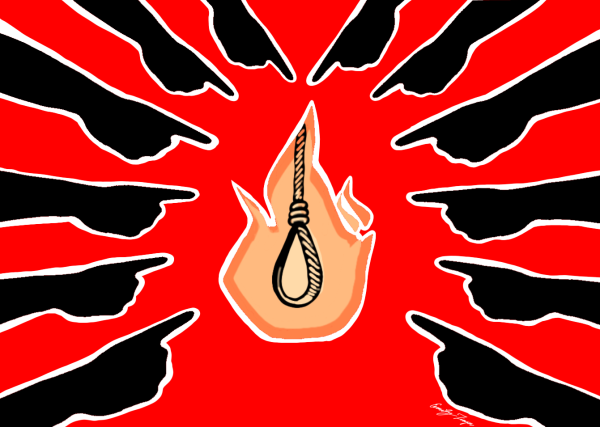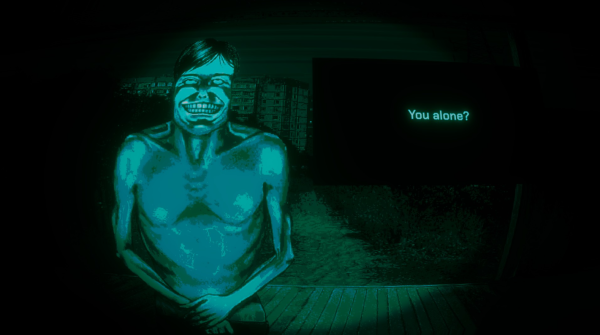Fight for the fishbowl
This past week, the United Nations hosted a summit on climate change at their headquarters in New York City. At the summit, world leaders addressed issues such as carbon emissions and deforestation. Secretary General Ban Ki-moon called for cohesive effort to become carbon neutral by the end of the century. Considering we have only recently identified this issues, it is inspiring to see such rapid and effective change.
But wait- weren’t we having this conversation eight years ago when “An Inconvenient Truth” came out? That’s not a very long time, in the scheme of things. Until you remember that the first Earth Day was more than 44 years ago. Just to put that in perspective, Vince Vaughn and Phil Mickelson were born the same year.
That’s not to say that we shouldn’t still be talking about climate change. We absolutely should. It is vital that we continue to do so. It’s just baffling to see the same conversations over and over again, with little progress made. We’re like the smoker who says, “I’m going to quit by the time I turn 25,” and feels like he’s accomplished something as he lights up another.
Only that’s not good enough anymore. Weather is getting crazier. There’s a continent of garbage floating around the Pacific. Polar bears and ice caps and forests in Southeast Asia. It all sounds so dramatic and far away. It’s all the same fishbowl, though. There’s nowhere else to go.
If we are to solve this problem, which is to say, if humanity is going to continue to exist, we have to start acting systemically. If you have an aquarium, and it’s getting dirty, the solution isn’t to collect all the waste in one corner so that the fish might live comfortably in the others. You clean the tank. Not over the next 86 years. Now.
The summit was a good thing because it rekindled this conversation. It was a bad thing because it implies that further conversation is, in some way, progress. President Obama presented an executive order requiring environmental sustainability to be considered in international development programs. This baby step is absolutely in the correct direction and might have been impressive if it didn’t come 44 years into the discussion. As it stands, it feels like the illusion of progress. Just enough to feel good about but not enough to actually make a difference.
In the same week, the People’s Climate March happened around the world, with nearly 400,000 people in New York alone demanding that something be done about the degradation of our planet. This kind of talk is a little bit harder to ignore. The actual goal of the protest is a bit unclear, and it risks going the way of the Occupy Movement (sensational, but ultimately ineffective). It does show one thing though: people care about this.
And that’s the point really. We care about this. You should care about this. You should make your friends care about this. Let’s lay it out as clear as can be: the world, as we know it, will not continue to exist unless humanity does something cohesive and immediate. This is not alarmist. This is not sensationalized. This is simply the reality of the world we live on.
We’re not the naive people we used to be, thinking the world was strong enough for us to lean on as hard as we wanted. We know now that we have a very real ability to destroy our own habitat, to make our fishbowl uninhabitable.
This is terrifying, but also kind of awesome, because with this power to destroy we also have a very real and perhaps more amazing power to create. It is not too late for us to change. Almost, but not quite. We can change, we can preserve, we can adapt, but we all have to do it together and we all have to do it now. There’s no time to waste. So what’re you waiting for, kid? Get out there and save the world.







